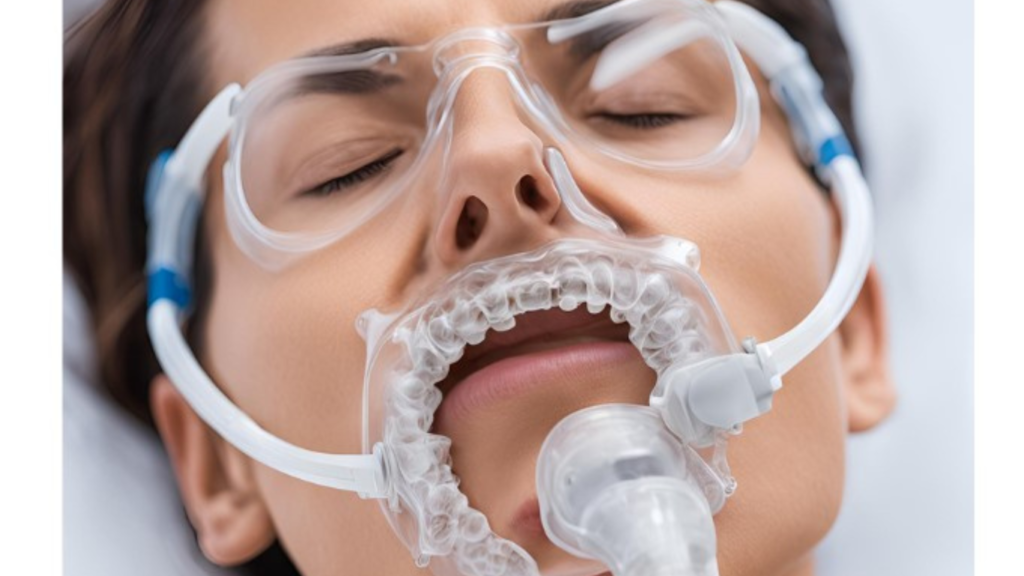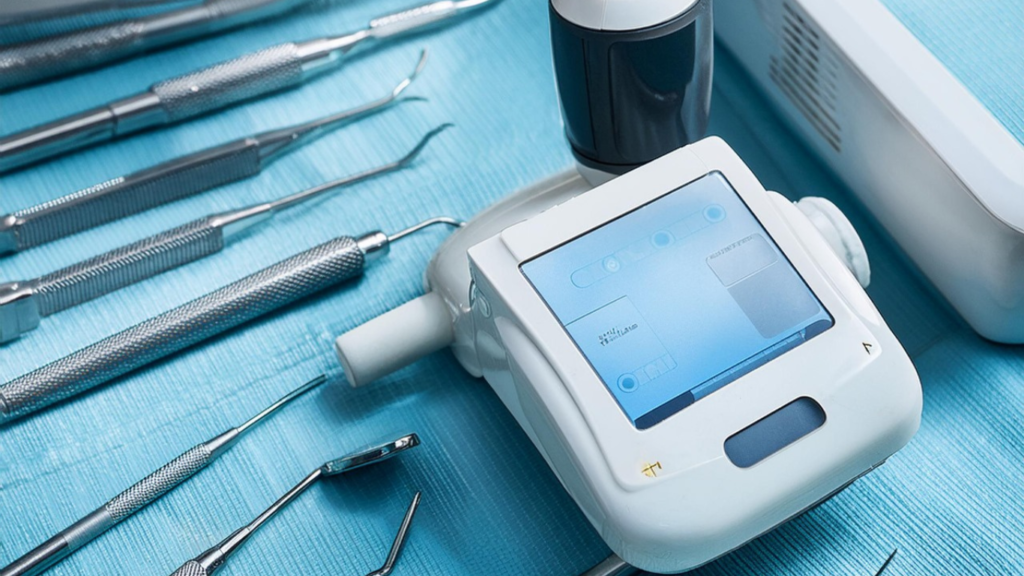Blogs

MSE-Maxillary Skeletal Expander vs. CPAP Device: Which is Right for You?
Introduction
Sleep apnea, a common sleep disorder characterized by pauses in breathing during sleep, can significantly impact your health and well-being if left untreated. Two primary treatments often discussed are the MSE-Maxillary Skeletal Expander and the CPAP (Continuous Positive Airway Pressure) device. Understanding the differences and benefits of each can help you make an informed decision about which might be right for you. For more specialized insights, consider consulting experts in dental sleep apnea Kochi.
Table of Contents.
- Understanding Sleep Apnea
- CPAP Device : A Standard in Sleep Apnea Treatment
- Benefits of CPAP
- MSE-Maxillary Skeletal Expander: A Non-CPAP Alternative
- Benefits of MSE
- Choosing the Right Treatment for You
- Conclusion
Understanding Sleep Apnea
Before diving into the treatments, it’s crucial to grasp the basics of sleep apnea. This disorder can be obstructive (OSA), where the airway is partially or completely blocked during sleep due to relaxed throat muscles, or central (CSA), where the brain fails to signal the muscles to breathe. Both types can lead to disrupted sleep, daytime fatigue, and potentially serious health issues such as hypertension and heart disease.
CPAP Device: A Standard in Sleep Apnea Treatment
CPAP is a widely recognized treatment for sleep apnea, particularly effective for obstructive sleep apnea (OSA). The device works by delivering a continuous stream of air through a mask that keeps your airways open during sleep. The air pressure prevents the airway from collapsing and reduces or eliminates apnea episodes.
Benefits of CPAP:
- Effective Treatment: CPAP is highly effective in reducing symptoms of sleep apnea and improving sleep quality.
- Immediate Results: Patients often experience immediate relief from symptoms such as daytime fatigue and snoring.
- Customizable: CPAP machines come with adjustable settings to suit individual needs, ensuring optimal therapy.
Considerations:
- Comfort: Some users find wearing a mask and adjusting to airflow uncomfortable initially.
- Maintenance: CPAP machines require regular cleaning and upkeep to ensure effective and hygienic use.
- Compliance: Long-term adherence to CPAP therapy is essential for sustained benefits.

MSE-Maxillary Skeletal Expander: A Non-CPAP Alternative
The MSE-Maxillary Skeletal Expander is a newer approach primarily used to treat craniofacial issues, including certain types of sleep apnea. It works by gradually expanding the upper jaw (maxilla) to create more space in the nasal passages and potentially reduce airway obstruction during sleep.
Benefits of MSE:
- Non-Invasive: Unlike surgery, MSE is non-invasive and does not involve cutting or altering the jaw bone.
- Long-Term Benefits: By widening the upper jaw, MSE may provide lasting improvements in breathing and sleep quality.
- Potential for Growth Modification: In younger patients, MSE may influence facial growth and development positively.
Considerations:
- Effectiveness: While promising, MSE’s effectiveness in treating sleep apnea compared to CPAP is still under study and may vary depending on individual cases.
- Treatment Duration: MSE treatment typically requires several months to achieve desired results.
- Expertise: Proper diagnosis and treatment planning by a qualified orthodontist or oral surgeon are crucial for successful outcomes.
Choosing the Right Treatment for You
The decision between MSE and CPAP should be based on several factors, including the severity and type of sleep apnea, your medical history, lifestyle preferences, and consultation with healthcare professionals. MSE remains the gold standard for immediate relief and effective management of sleep apnea symptoms. MSE is often preferred by youngsters due to its potential benefits and less invasive nature. Additionally, the cost of MSE treatment is generally more affordable for young people compared to other treatment options, making it a viable choice for many. MSE, while promising, may be considered in specific cases where craniofacial issues contribute to sleep apnea and after thorough evaluation by specialists.
Conclusion
Whether you opt for CPAP or MSE, addressing sleep apnea is crucial for your health and quality of life. Consultation with a sleep specialist or orthodontist can provide personalized guidance on which treatment aligns best with your needs and goals. Understanding the benefits and considerations of each option empowers you to make an informed decision towards better sleep and overall well-being. For expert advice, consider reaching out to specialists in sleep apnea solution Kadavanthra.
